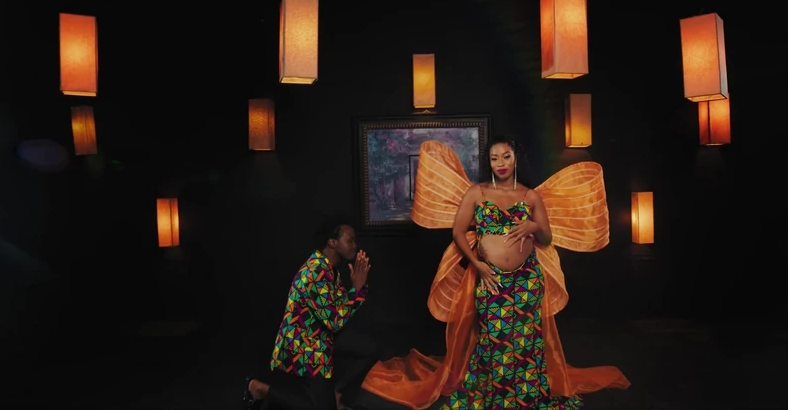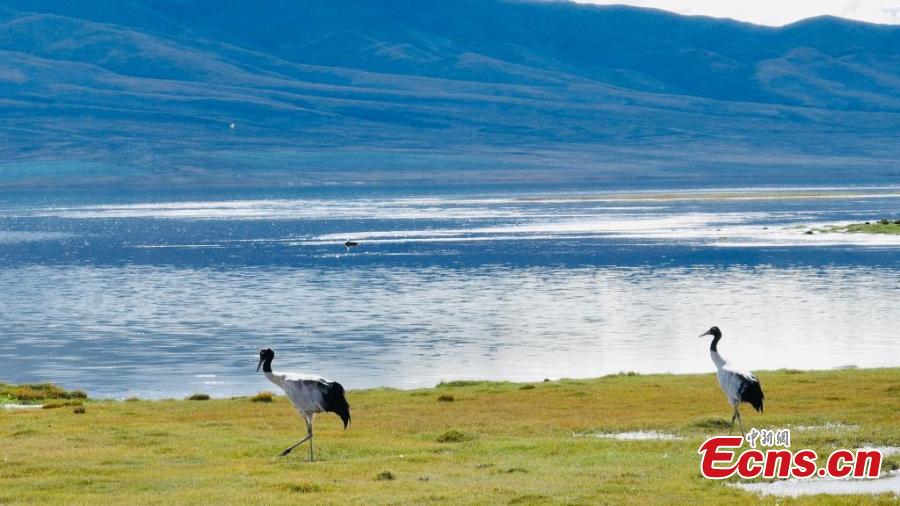
Sophie Deraspe’s Canadian-French film (English title ) is about the existential angst and latent desires of many city-slickers who find themselves on a perennial treadmill when it comes to their profession. How wonderful would it be to disappear from the everyday traps—the familiar places and people, the daily grind and routine—and retreat into a radically opposite world where the pace is slow, and a job is about physical effort rather than intense mind games. In other words, it is about simplicity and frugality rather than materialism, about contentment than the pursuit of success.
The film won the Best Canadian Feature Film award at the recently concluded Toronto International Film Festival. Based on Mathyas Lefebure’s semi-autobiographical novel, , it is about a burnt-out advertising professional from Montreal, who ups and leaves one fine day for the South of France with the dream of becoming a shepherd in the French Alps. He sets up base in Arles in Provenance and is sure that he is not going back.

Mathyas (Felix-Antoine Duval) is later joined by a French bureaucrat Elise (Solene Rigot) who has been feeling similarly constricted and secretly longing for an escape. However, the road to liberation is not easy for either of them. The shepherds ridicule the “city boy who has never herded” as a “back to nature pothead”, and warn him that the “cradle of pastoralism” doesn’t exist and that industrial farming has spoiled the grasslands.
As Mathyas begins working as an apprentice with a down-and-out breeder, Deraspe shows us the flip side of the bucolic, the harsh reality as opposed to its romantic perception. The endless toil, the meagre returns, the indigence, the struggles and hardships, the backbreaking tiredness, the lack of rest or time for self, and the brutality, violence, and death that must be dealt with as constants of the trade, be it the wolves lurking around for the flock or the diseases or the inclement weather. As Elise puts it, “Even the sun is violent.
” Life in the mountains of rural France is far from idyllic and comes with its stresses and anxieties. Deraspe underscores it with strikingly evocative imagery of the landscape that dwells on the contradictions inherent in nature as opposed to the stuff of pretty tourism brochures. The majestic mountains, sprawling meadows, and expansive vistas also harbour shabbiness in their shadows.
Nature, for all its beauty, is also hostile, combative, cruel, and barbaric. The individual tales of Mathyas and Elise are anchored in the community of shepherds. Duval, Rigot, and the entire ensemble are terrific in persuasively creating a world that’s largely alien to us.
On the one hand are the basics of shepherding—what it entails, how to vibe with the flock of sheep, how to be able to distinguish between the hundreds and thousands of them and keep an eye on them so that not a single one is lost even when the wolf is out hunting for them. On the other hand is a more universal exploration of uncertainties and apprehensions about strangers, the mistrust that divides and the trust that binds us. And then the overarching debate—is passion enough for herding sheep? What about the talent and skills needed for it? Eventually, Deraspe underlines a simple fact: life is far from perfect or smooth, whatever be our place, our calling, or our attitude towards life.
It’s the decisions we make that are most crucial. The chase for our ideals is not easy; it is exacting. And it’s only with persistence and dedication that things can be gratifying.
.










